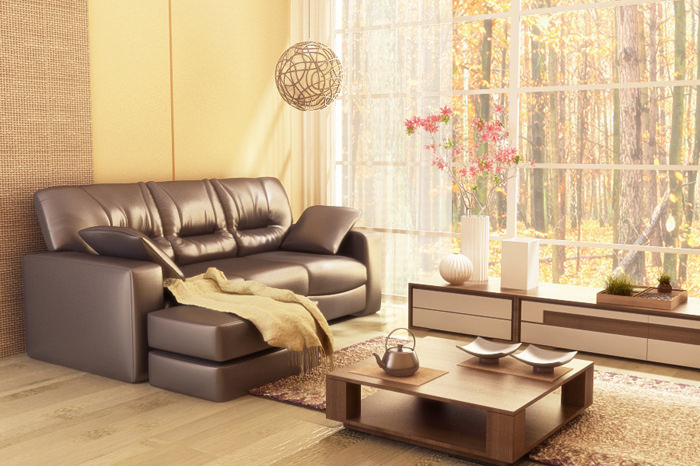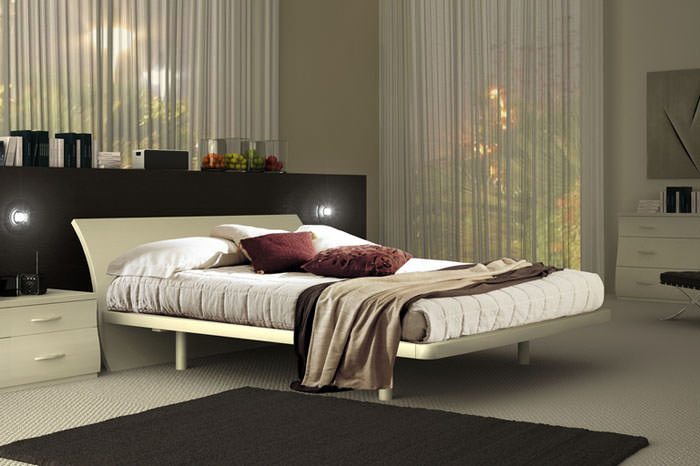Residential design is an art form that combines aesthetics, functionality, and personalization to create spaces that reflect the unique lifestyles and preferences of homeowners. From contemporary urban dwellings to traditional suburban homes, the world of residential design is diverse and constantly evolving. This exploration into residential design delves into key principles, trends, and considerations that shape the spaces we call home.
Key Principles of Residential Design
Personalization and Lifestyle Integration:
At the heart of residential design is the understanding that each home is a reflection of its inhabitants. Designers work closely with homeowners to understand their preferences, lifestyle, and functional needs. This personalized approach ensures that the design not only meets practical requirements but also aligns with the individual tastes and aspirations of the residents.
Functional Space Planning:
Effective residential design optimizes space, considering the flow of rooms, natural light, and the overall functionality of the living spaces. Thoughtful space planning enhances the daily lives of inhabitants, promoting ease of movement and efficient use of each area. This is particularly crucial in smaller homes where maximizing space is essential.
Aesthetics and Interior Styling:
Aesthetic considerations play a pivotal role in residential design, influencing everything from color schemes and furniture selection to the overall mood of the space. Interior styling involves creating harmonious and visually appealing environments, often drawing inspiration from architectural styles, cultural influences, and contemporary design trends.
Sustainability and Energy Efficiency:
In response to environmental concerns, residential design increasingly incorporates sustainable practices and energy-efficient technologies. From eco-friendly materials and energy-efficient appliances to passive design principles that optimize natural light and ventilation, modern residential design strives to minimize its environmental footprint.
Smart Home Integration:
The integration of smart home technology has become a hallmark of contemporary residential design. Home automation systems, smart appliances, and connectivity solutions contribute to enhanced convenience, security, and energy efficiency. The seamless integration of technology ensures that homes are not only aesthetically pleasing but also technologically advanced.
Universal Design:
Residential design is evolving to be more inclusive, considering the needs of individuals across various age groups and abilities. Universal design principles aim to create homes that are accessible and adaptable, allowing for comfortable living regardless of physical capabilities or age.


